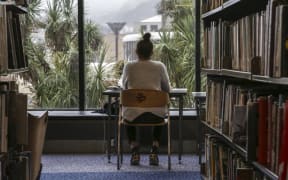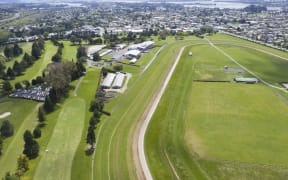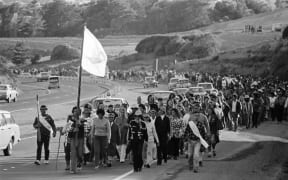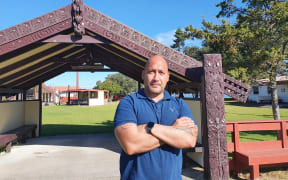A "significant step" has been taken to right a historic "betrayal" that occurred with an agreement for council and mana whenua to co-own land in the Tauranga CBD.
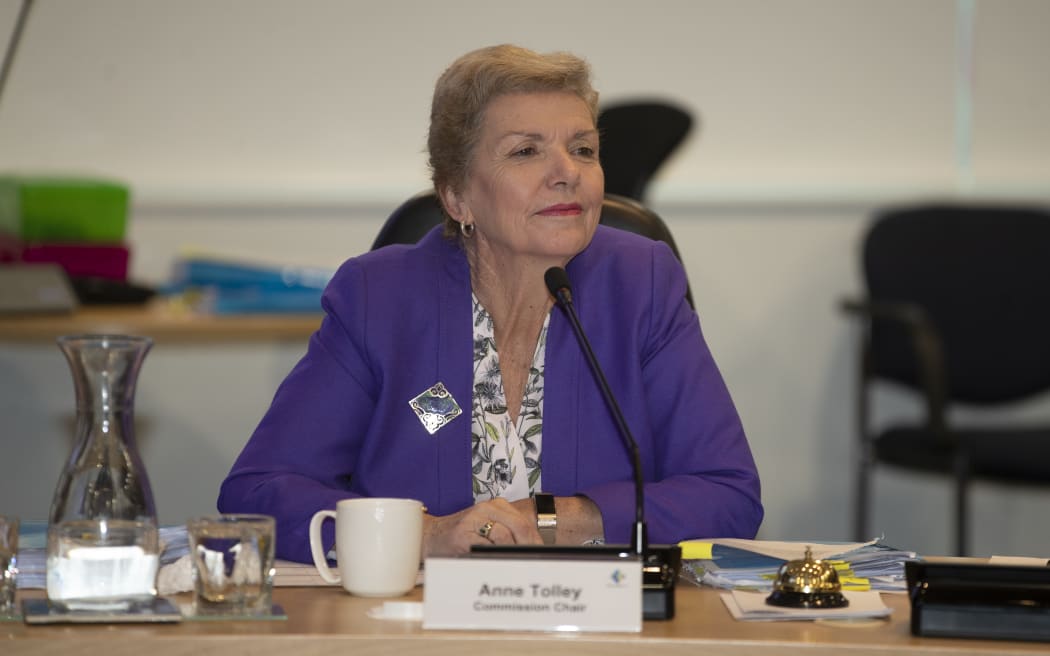
Commission chair Anne Tolley Photo: John Borren / Sun Media
In an emotional Tauranga City Council meeting on Monday, the commissioners agreed to consult on the transfer of land between Wharf Street, Durham Street, Hamilton Street and Willow Street to a council controlled organisation (CCO) for a nominal sale price of $1.
The council would lease the land in perpetuity for a peppercorn lease from the CCO that would be a partnership between council and the Otamataha Trust, that oversees property on behalf Ngāti Tapu and Ngai Tamarawaho.
The council would retain ownership of any improvements on the land and be entitled to develop and construct further improvements.
The land, known as Site A of Tauranga's civic precinct development - Te Manawataki O Te Papa, was part of 1333 acres of land on the Te Papa peninsula acquired by the Church Missionary Society (CMS) from mana whenua in 1838.
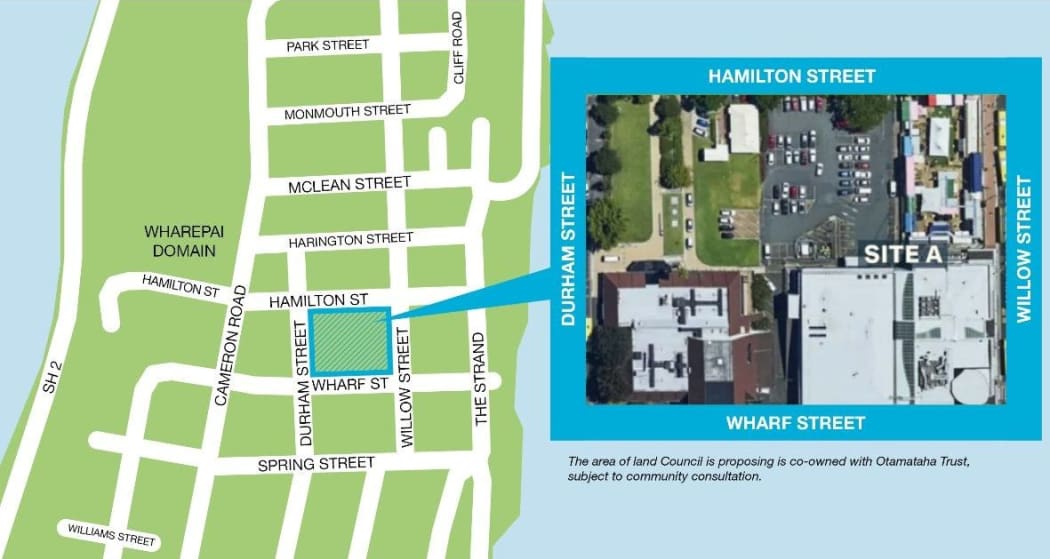
Site A is proposed to be co-owned by Tauranga City Council and local iwi. Photo: Supplied / Tauranga City Council
Between 1866 and 1867 four fifths of that land was gifted to the Crown including the site in central Tauranga.
Site A was issued to the mayor, councillors and citizens of the Borough of Tauranga in 1995 for municipal buildings.
Speaking at the meeting, historian Alistair Reese said the land was held by the Church Missionary Society for the benefit of Māori.
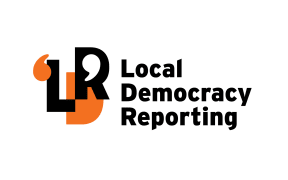
Reese said the tangata whenua saw the transfer of land to CMS as "relational rather than transactional" so when the land was transferred to the Crown there was "potential for betrayal".
"Our ancestors built this city on betrayal and the loss of land," he said.
"It is land that was taken, therefore it is land that needs to be returned."
This was met with applause from the public gallery that was filled with around 40 people.
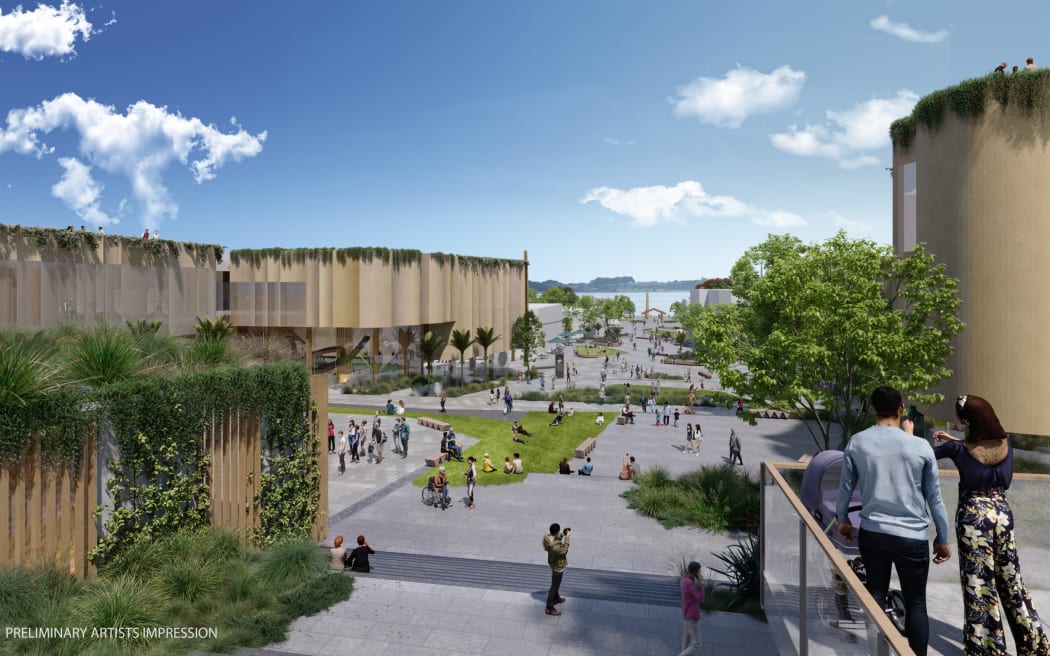
A artist's impression of Te Manawataki O Te Papa that will occupy site A. Photo: Supplied / Tauranga City Council
Buddy Mikaere of Ngai Tamarawaho said their ancestors had a very close relationship with Archdeacon Alfred Brown and the CMS initially.
"That relationship helps explain why we felt so keenly our abandonment of the CMS when the British troops arrived in 1864, abandonment culminating in the 1865 confiscations of our land and the CMS giving up other offerings which they held in trust for our welfare and benefit," said Mikaere.
He said Ngai Tamarawaho "suffered the brunt" of the land confiscations with 50,000 acres being confiscated in what was mainly the hapū's traditional rohe.
"We were reduced to landless squatters - right here in what is now the CBD - we lived, and, to feed ourselves, gardened on vacant sections that had not been taken up by the new owners.
"We have steadfastly maintained that the land was ours. And this hui today, and the accord signed with the council signals a very new start for us. And council are going a very, very long way towards righting a wrong that has been with us for generations," said Mikaere.
"Having our mana restored through joint ownership of the civic centre land would achieve that while the continued use of the land for public and community purposes represents another hugely generous contribution from our hapū to this city."
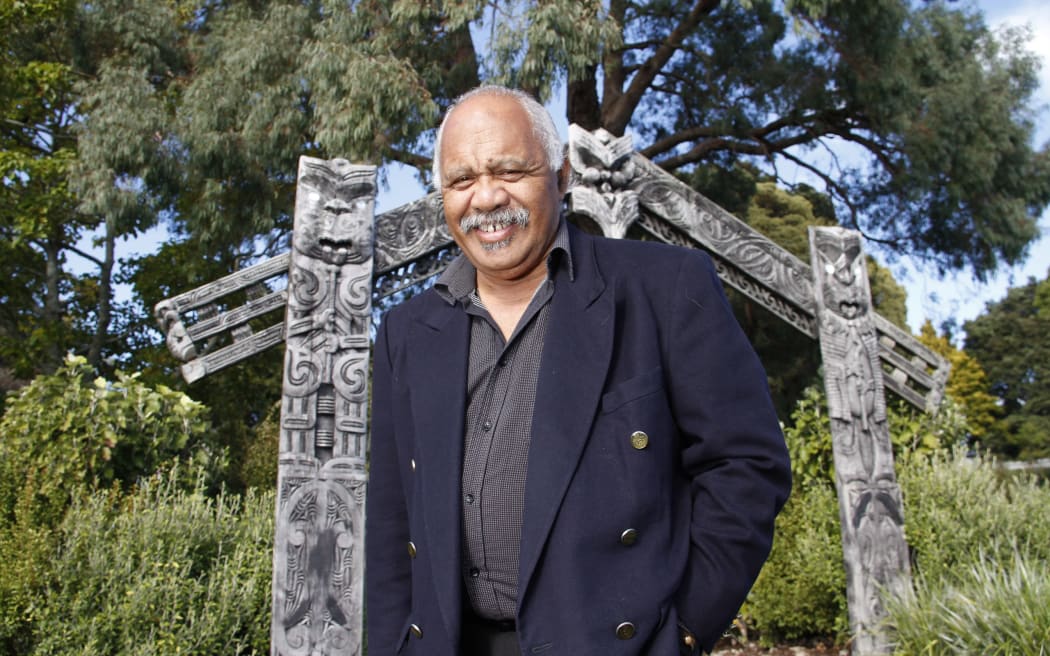
Buddy Mikaere of Ngai Tamarawaho said the hapū "suffered the brunt" of the land confiscations. Photo: LDR / Sun Media
A non-binding accord was signed by the council and trust on 11 July. The accord was considered an initial step to recording the collaborative partnership approach and intention of working together toward "mutually beneficial outcomes for the community".
Otamataha Trust chairman Puhirake Ihaka speaking on behalf of the trust and trustees said: "We have finally reached the end of what we consider it to be, that reconciliation of everything that's happened."
'Solution for the future'
Fellow trustee Alan Tate said: "We can probably expect there's a section of the community that is not too happy with this proposal."
He said they were likely "elderly male and whitehaired" and rather than speaking for them he wanted to speak to them.
"Before they jump on their keyboards, they should ask their children, and more importantly, their grandchildren, what they think of this proposal, because this is a solution for the future," said Tate.
"It's clearly the right thing to be doing for Tauranga and its future."
Commission chair Anne Tolley said it was a significant step and listening to what mana whenua experienced made her feel "dwarfed by their magnanimity".
"We're talking about a very small part of what was the loss of a huge amount of land and mana and a sense of belonging that has gone on obviously for many, many generations," said Tolley.
"Our staff have found an elegant solution to the dilemma that was faced by Archdeacon Brown, the Church Missionary Society, and probably many, many people in positions of government since.
"We have to go and talk with our community, but I'm confident from the discussions we've had already with many in the community that knowing the history, understanding how we got to where we are today, most people will accept that what we are doing is the right thing to do."
Commissioner Shadrach Rolleston was visibly emotional when speaking about the co-ownership model and said it was an opportunity for restitution and reconciliation.
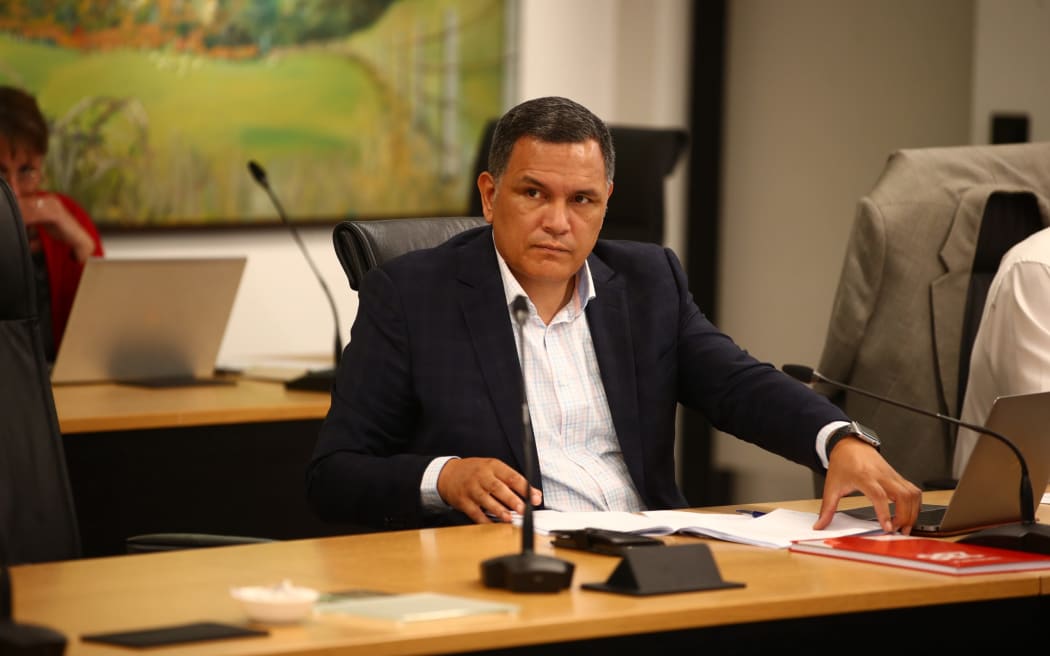
Commissioner Shadrach Rolleston Photo: LDR / Sun Media / John Borren
"As a community, we have an opportunity to restore something and to put something right, a long held grievance," he said.
"I think we have more to gain than lose. We don't have anything to lose, but in a sense we have more to gain, as a community, Māori as mana whenua and non-Māori, and the wider community. Those that are here currently and those that are yet to come."
The community will be able to share their feedback on the options for the land in late August, with the other option being to retain the status quo.
Local Democracy Reporting is Public Interest Journalism funded through NZ On Air
